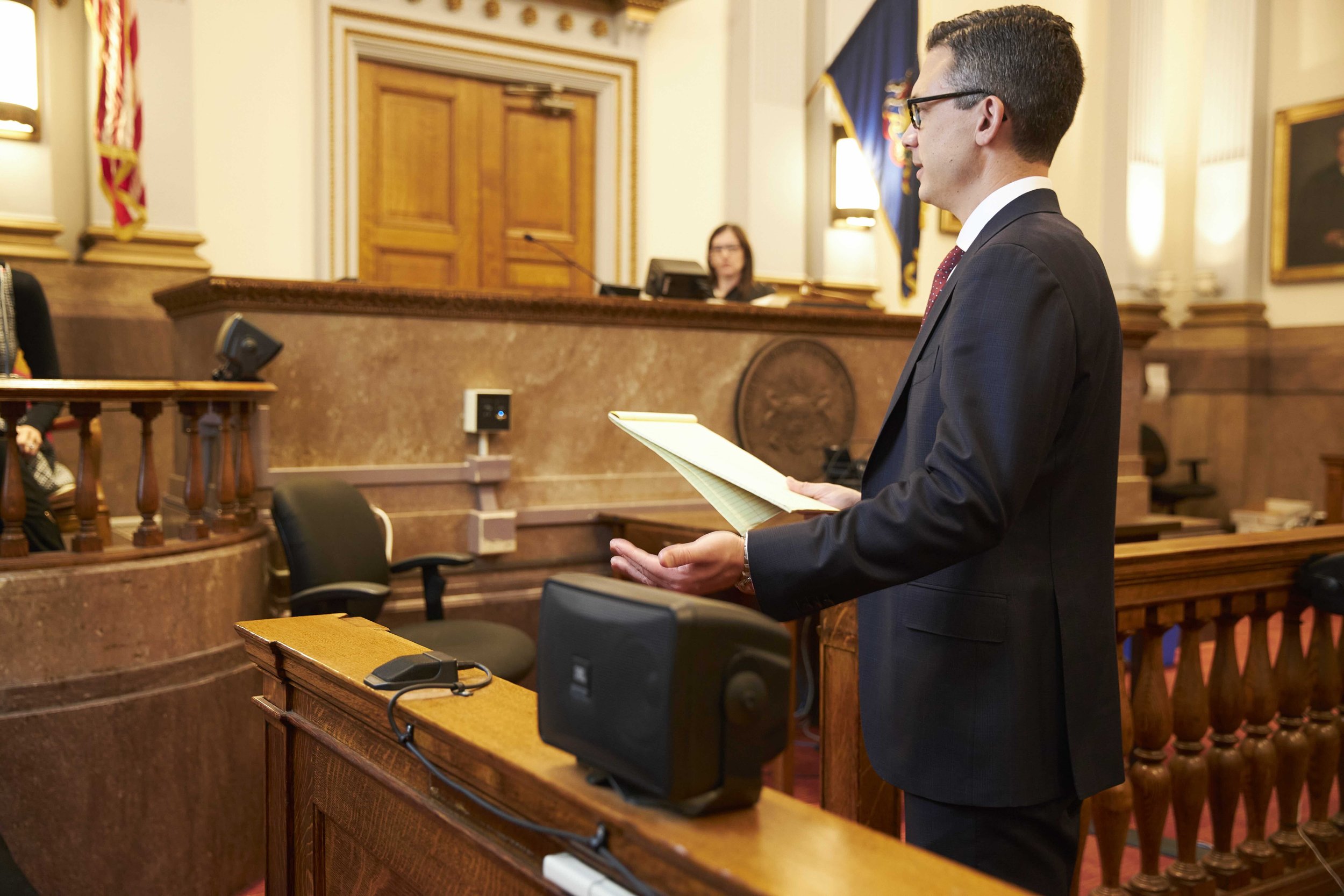Demystifying the Refine of Federal Appeals: What You Required to Know
Navigating the elaborate world of government appeals can typically feel like passing through undiscovered waters for those unfamiliar with the process. Comprehending the subtleties of appellate court territory, the details of submitting a notice of appeal, presenting a compelling short, and making an influential dental debate are vital parts that can significantly impact the outcome of a situation. By untangling the layers of complexity bordering federal appeals, people can obtain a clearer insight into the mechanisms that govern this critical point of the lawful system.
Comprehending Federal Appeals Refine
Looking into the intricate world of the government allures procedure reveals a systematic and organized journey through the judicial system - federal antitrust appeals. Federal allures act as an important mechanism for assessing decisions made by reduced courts. Recognizing this procedure is necessary for anyone associated with lawful proceedings at the government level
The process normally starts with a party disappointed with a lower court's ruling filing a notification of appeal. This activates a review by a greater court, where a panel of courts evaluates the legal disagreements offered by both parties. Briefs describing the lawful reasoning behind each event's position are sent, and dental arguments may be heard to clarify intricate concerns.
The appellate court's choice is based on a thorough exam of the reduced court's process and the disagreements provided. Once the appellate court gets to a choice, it can verify, reverse, remand, or modify the reduced court's judgment, supplying clarity and finality to the legal dispute.
Appellate Court Territory Described

Appellate courts have territory over certain sorts of cases, typically those involving legal errors, procedural concerns, or concerns of legislation instead than factual disagreements. The territory of appellate courts is normally described in laws and regulations that govern the court system. Understanding appellate court jurisdiction is vital for events associated with the allures process as it establishes whether a case is qualified for review and the level to which the appellate court can intervene in the reduced court's decision.
Declaring a Notice of Allure
The initial action in beginning the government appeals procedure entails filing a Notification of Appeal with the ideal appellate court. federal appeal lawyers indiana. This vital record officially informs the court and the various other celebrations included in the situation that the appealing celebration means to seek a review of the lower court's decision. Submitting a Notification of Charm is a rigorous procedural requirement that sets the appellate procedure in movement
When preparing the Notice of Appeal, it is vital to ensure compliance with the certain policies and guidelines of the appropriate appellate court. The document should normally consist of information such as the situation name, the reduced court's name, the date of the judgment being appealed, and a concise statement indicating the grounds for the allure.
When submitting a Notification of Charm,Timeliness is of the essence. Missing out on the deadline for sending this paper can result in the charm being disregarded, highlighting the value of timely and precise initiation of best federal appeal lawyer minnesota the appeals process. It is suggested to seek lawful assistance to browse the complexities of filing a Notice of Allure successfully.
Briefing and Dental Argument
In the appellate procedure, presenting composed briefs and participating in oral debates play critical duties in advocating for the appealing event's position prior to the appellate court. Briefs are comprehensive legal records that describe the events' arguments, legal authorities, and evaluation supporting their settings. These created submissions supply the court with a detailed understanding of the truths of the instance, the relevant regulation, and why the appealing party thinks the lower court's decision must be rescinded.
Following the submission and testimonial of the briefs, oral arguments use the events an opportunity to additional clarify their placements, resolve any concerns the appellate courts might have, and emphasize bottom lines from their composed briefs. Dental debates are a chance for the attorneys to convince the courts via spoken advocacy and actions to questions from the bench.

Obtaining the Appellate Court Choice

Verdict
Recognizing the appellate court territory, filing a notice of appeal, preparing briefs, and providing oral disagreements are all essential parts of this procedure. Ultimately, receiving the appellate court decision can offer clearness and resolution to lawful disagreements.
As we proceed from recognizing the government allures procedure to studying the details of appellate court territory, a basic facet comes to light pertaining to the authority and restrictions of these greater courts in the lawful landscape. Appellate court territory refers to the range of situations that a specific appellate court has the power to evaluate and choose upon. Unlike trial courts that listen to cases for the initial time, appellate courts are restricted to examining choices made by reduced courts. Comprehending appellate court jurisdiction is essential for parties involved in the allures procedure as it figures out whether a situation is eligible for review and the level to which the appellate court can interfere in the lower court's choice.
Whether the appellate court attests, reverses, or remands the lower court's choice, recognizing the ramifications of the ruling is crucial for all events included in the appellate process.